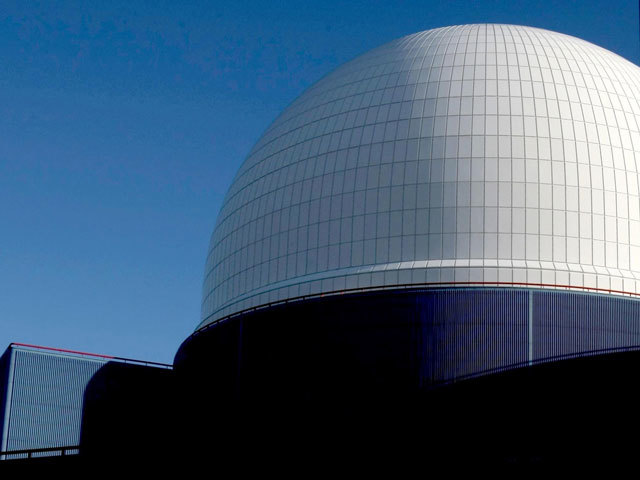
The barriers to nuclear generation must be removed, according to a leading figure in the industry.
Agneta Rising, director general of World Nuclear Association, was speaking on the opening day of the International Atomic Energy Agency (IAEA) Ministerial Conference “Nuclear Power in the 21st Century”, being held in Abu Dhabi.
Ms Rising said the international community needs to have “much greater ambition” to combat climate change effectively and deliver the electricity required for the world’s development needs and ambitions.
She added: “If we are going to be serious about climate change we need to be serious about our energy choices, including nuclear energy.
“The nuclear industry has set the Harmony goal for nuclear energy to provide 25% of global electricity by 2050, requiring a tripling of nuclear generation from its present level. This would require the construction of around 1000 GW of new nuclear capacity by then.
“Nuclear generation is a competitive option, but barriers are preventing nuclear generation from making the full contribution that is needed. Removing these barriers is essential to achieving the Harmony goal.”
She said there needs to be a “level playing field” for all low carbon energy technologies, valuing not only health and environmental qualities but also reliability and grid system costs.
Nuclear taxes “distort” the economics of long-term operation of nuclear facilties, she went on to say.
Ms Rising argued that a “harmonised” regulatory process would provide a more stable licensing regime as the current one is “fragmented”.
She said: “Thirdly, we should create an effective safety paradigm, by focusing on increasing genuine public well-being whilst ensuring high safety standards are met.
“The current energy system fails to consider safety from a holistic societal perspective.
“We in the nuclear industry are keen to support governments to meet their energy policy objectives and solving the environmental challenges.
“And governments will be key in removing the barriers that prevent them from fully benefiting from nuclear energy’s proven 24 /7 low carbon contribution.”
Recommended for you
